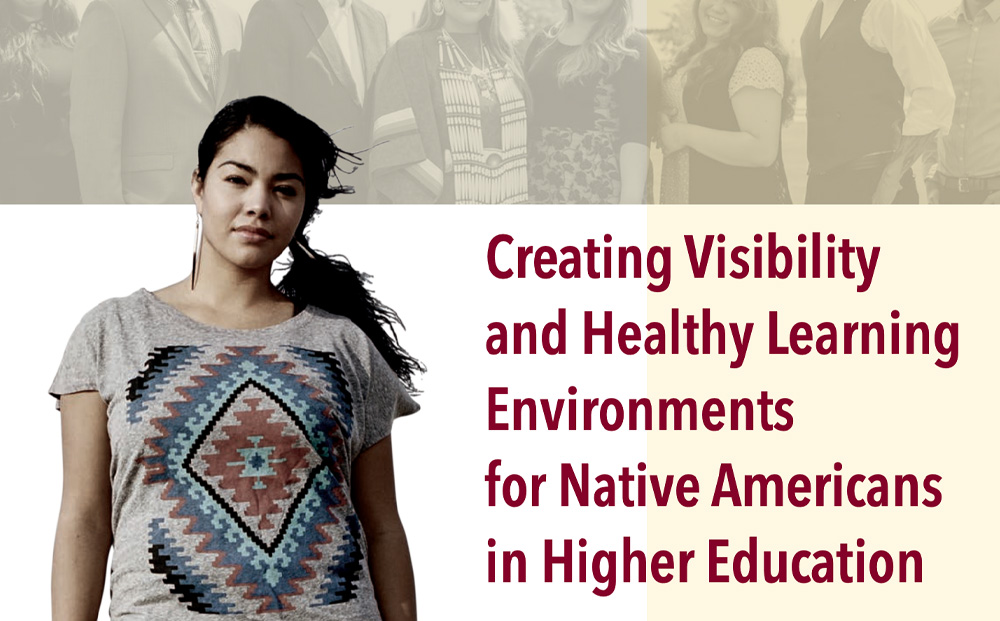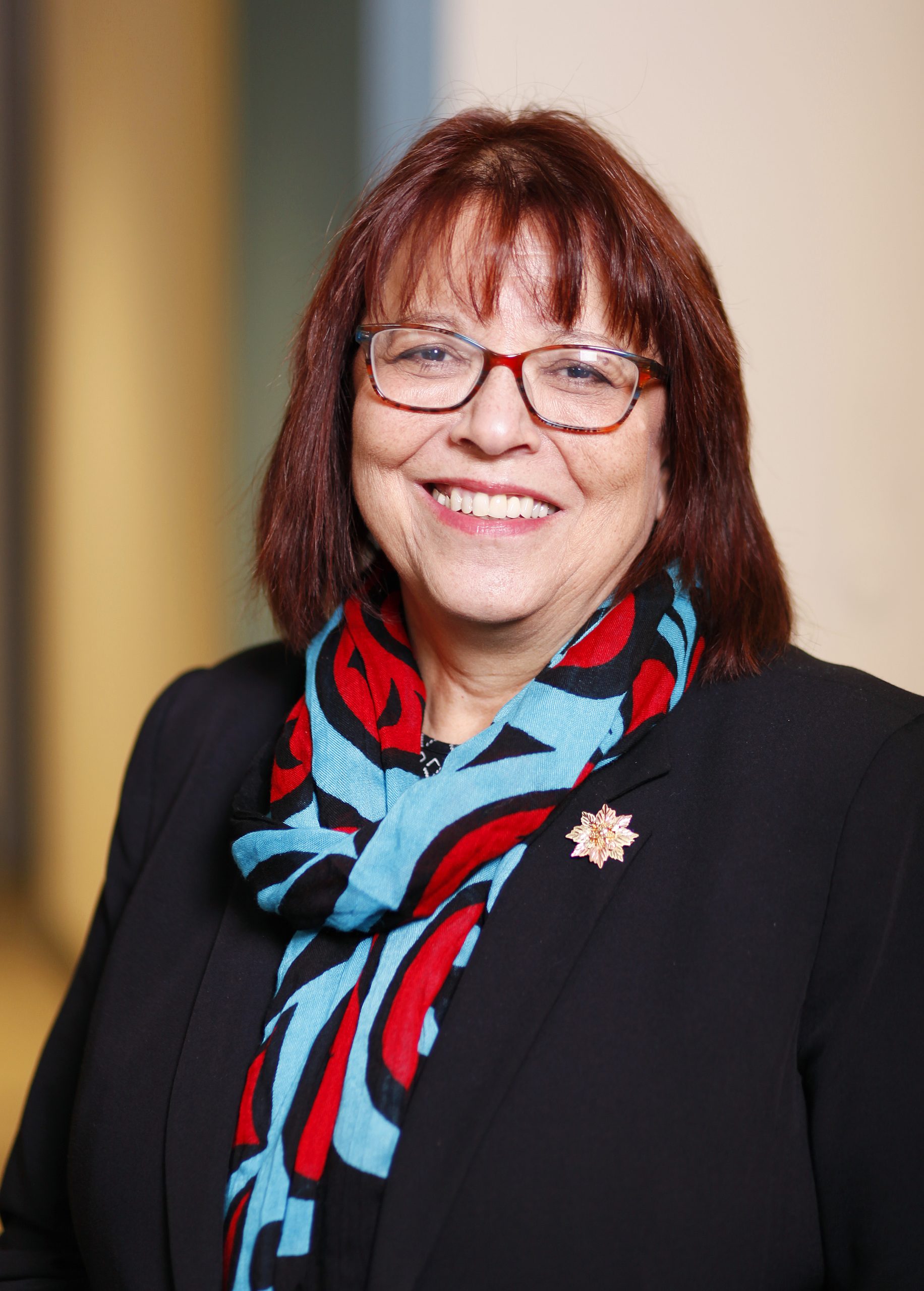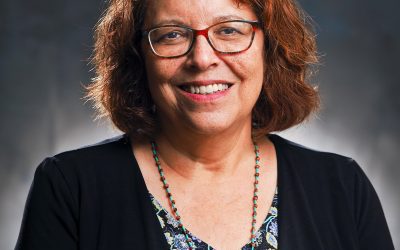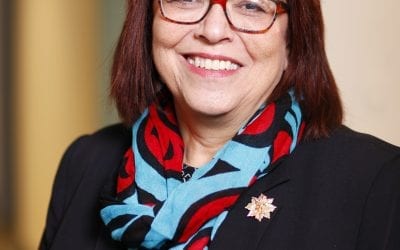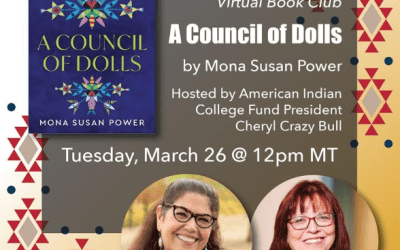Cheryl Crazy Bull
President and CEO
Cheryl Crazy Bull
President & CEO
American Indian College Fund
303-426-8900
Board of Trustees Liaison and Senior Manager – President’s Office
Carrie Basgall cbasgall@collegefund.org
Cheryl Crazy Bull, Wacinyanpi Win (They Depend on Her), a member of the Sicangu Lakota nation, is President and CEO of the American Indian College Fund, a role she has held since 2012. A lifelong educator and community activist, Cheryl is an advocate for self-determination focused on Native voice, philosophy, and traditions as the heart of the people’s work in building prosperity for current and future generations.
Cheryl is an expert in education. She served as a faculty member, department chair, Dean of Academic Affairs, and Vice President of Administration at Sinte Gleska University on the Rosebud Reservation, her home reservation, in South Dakota; as Chief Educational Officer at St. Francis Indian School; and as President of Northwest Indian College, a tribal college in Washington state, for ten years.
Cheryl is also a member of non-profit organization boards, including IllumiNative, an organization whose mission is creating an accurate narrative about Indigenous people; the Native Ways Federation, a national association of Native non-profits; the State Higher Education Executive Officers Organization (SHEEO) Equity Advisory Committee; and the Brookings Institution.
Cheryl is a frequent public speaker, presenter, and writer about Indigenous education and issues with a focus on Indigenous higher education equity and place-based education. She has an honorary cultural degree from Sinte Gleska University, an honorary doctorate from Seattle University, and has received awards for her leadership as a Native educator and Native woman.
In 2015 she was named by Indian Country Today magazine as one of the 50 most influential people in Indian Country. In 2017 she was one of two American Indian women leaders honored by National Indian Women’s “Supporting Each Other” group. The Native American Finance Officers Association honored her with a Lifetime Achievement Award in October 2019. In March of 2020, CBS paid tribute to Crazy Bull, along with six other women, as an example of what it means to challenge and overcome stereotypes and biases in their industries as part of a series of CBS CARES public service announcements in primetime on the CBS Television Network. Working Mother Media named her their Legacy Awardee at their Multicultural Women’s Conference in July of 2020. In 2021 the Mitchell Museum of the American Indian in Evanston, Illinois honored Crazy Bull with its Elizabeth Seabury Mitchell Awardee for exemplary service and philanthropic giving in promoting American Indian culture. Also in November 2021, Global MindED, a non-profit organization dedicated to closing the equity gap by creating a diverse talent pipeline through role models, mentors, and internships, named her as its 2021 Inclusive Leader Awardee.
Cheryl participates in research and studies about Indian Country, and most recently shared her expertise for The Health of Women and Children Report 2022 for American’s Health Rankings, published by United Health Foundation, and the Intergenerational Poverty and Mobility Among Native Americans in the U.S. Report for the National Academies committee on Policies and Programs to Reduce Intergenerational Poverty in 2023.
From the President
Read important updates from the President’s blogs.
American Indian College Fund President and CEO to Host Webinar Series
American Indian College Fund (College Fund) President and CEO, Cheryl Crazy Bull, will be hosting a three-part webinar series titled “Native Higher Education Insights.” Over the course of three sessions, she will cover what’s changed in the higher education environment post-pandemic and news from the various tribal colleges and universities (TCUs) and Native students.
American Indian College Fund Hosting Online Book Discussion with Indigenous Author Mona Susan Power
PEN Award–winning author Mona Susan Power, an enrolled member of the Standing Rock Sioux Tribe (Iháŋktȟuŋwaŋna Dakhóta), will discuss her latest novel, A Council of Dolls, March 26 at 12:00 noon Mountain Daylight Time with Cheryl Crazy Bull, President and CEO of the American Indian College Fund. Registration is free and open to the public.
Featured Reports
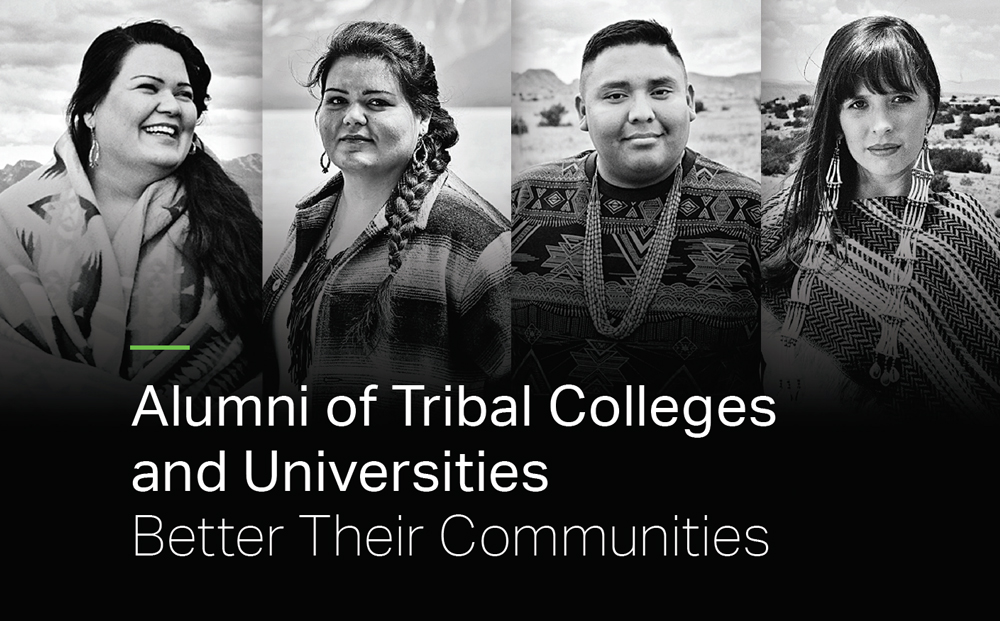
Alumni of Tribal Colleges and Universities Better Their Communities
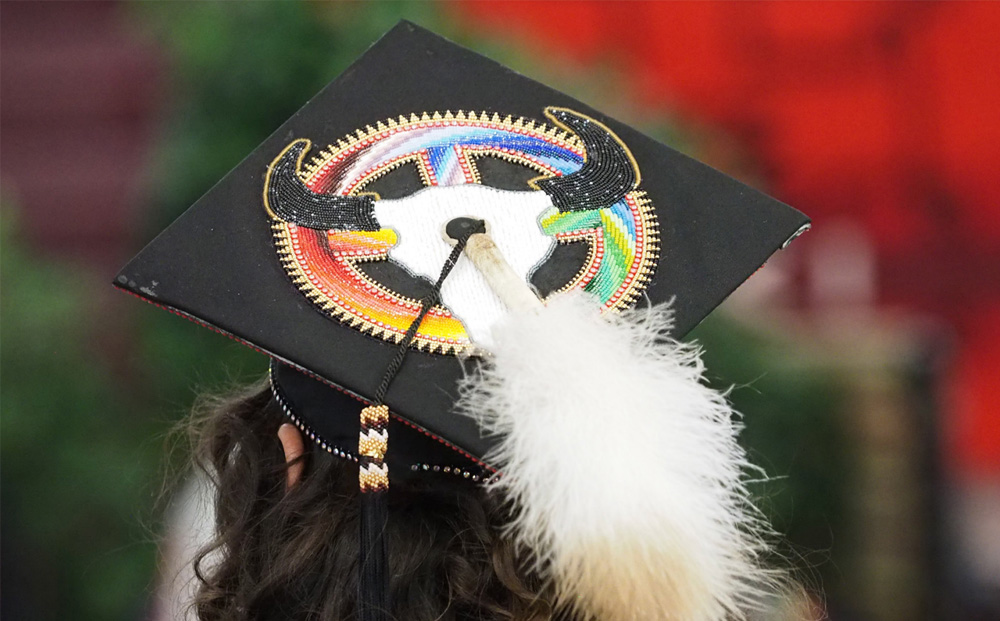
The Tribal Colleges and Universities #RealCollege Survey
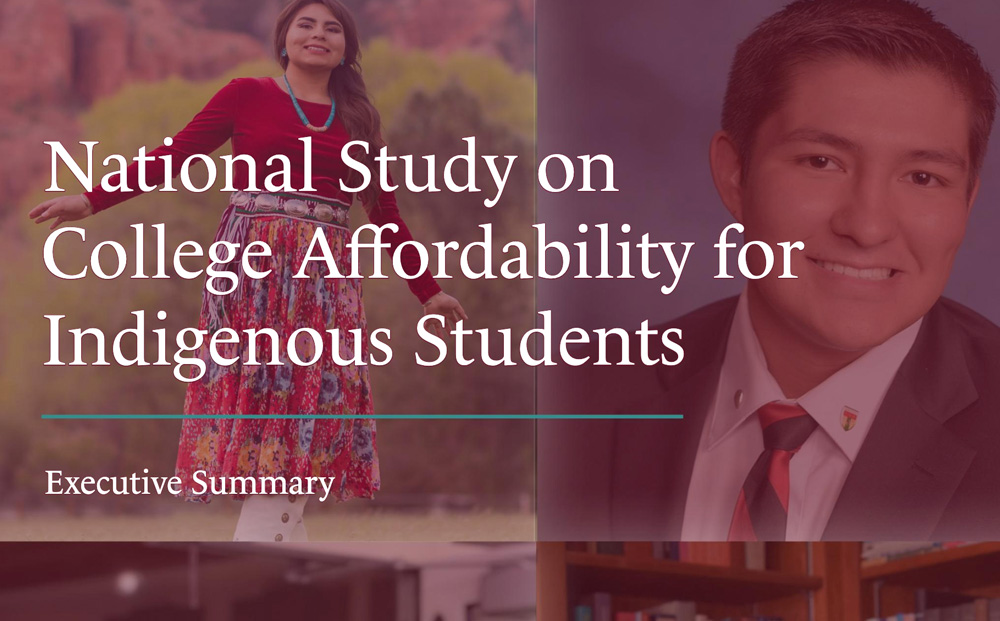
College Affordability Study
